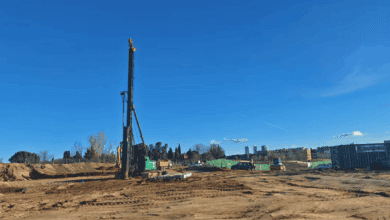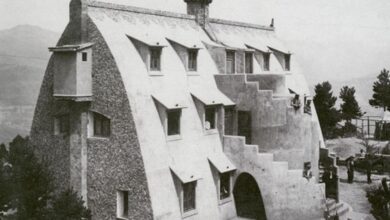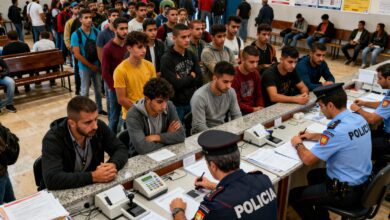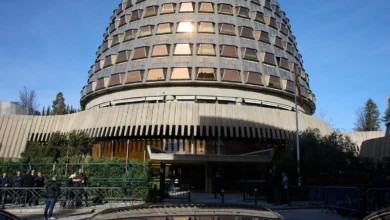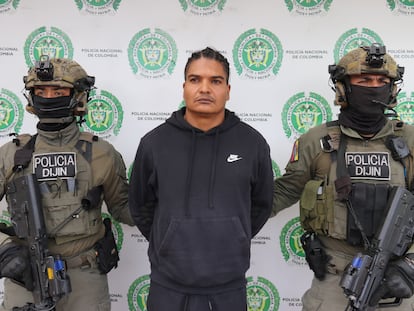
In June 2025, Spanish police carried out a large-scale operation, detaining 13 people suspected of belonging to the country’s first cell of the international criminal organization Tren de Aragua. This Venezuelan gang is notorious for its brutality and extensive criminal activity across Latin America.
Arrests took place in several cities: eight people were detained in Barcelona, two in Madrid, and the rest in Girona, La Coruña, and Valencia. Four of them have already been sent to pre-trial detention by court order. During the raids, police uncovered two clandestine laboratory complexes producing so-called ‘pink cocaine’ (tusi), and seized synthetic drugs, cocaine, and an entire marijuana plantation set up indoors.
How the Tren de Aragua network took shape in Spain
The investigation began back in March 2024, when the younger brother of the gang’s leader, known as Niño Guerrero, was arrested in Barcelona. He was wanted on an international warrant for terrorism, human trafficking, arms trafficking, extortion, and money laundering. Afterward, police began looking into whether Tren de Aragua was trying to gain a foothold in Spain and set up its criminal operations there.
The investigation revealed that the group’s structure in Spain was tightly organized: the leader had a deputy, and under their direction operated two separate cells responsible for the production and distribution of tusi, as well as cocaine trafficking. Proceeds from drug sales were used to fund the gang’s ongoing activities.
A transnational threat: the story and expansion of Tren de Aragua
Tren de Aragua originated in Venezuela among workers building the railway between the states of Aragua and Carabobo. It began as a union, which soon became an extortion operation. After construction was halted, it transformed into a full-fledged criminal organization. By 2013, when Niño Guerrero ended up in Tocorón prison, the gang had fully formed and began expanding its influence.
Since 2018, Tren de Aragua has been actively expanding across South America, following the migration routes from Venezuela. The group has already established a presence in cities in Colombia, Peru, Chile, and other countries in the region. Now, according to investigators, it tried to set up a foothold in Spain as well, relying on an extensive network and ruthless tactics to intimidate rivals.
Ongoing investigation and international cooperation
Spanish law enforcement continues to analyze the seized materials and investigate possible connections between those detained and other gang members, including those outside the country. International partners also took part in the operation, highlighting the global scale of the threat. Police do not rule out further arrests and the uncovering of additional activities by Tren de Aragua in Spain.



